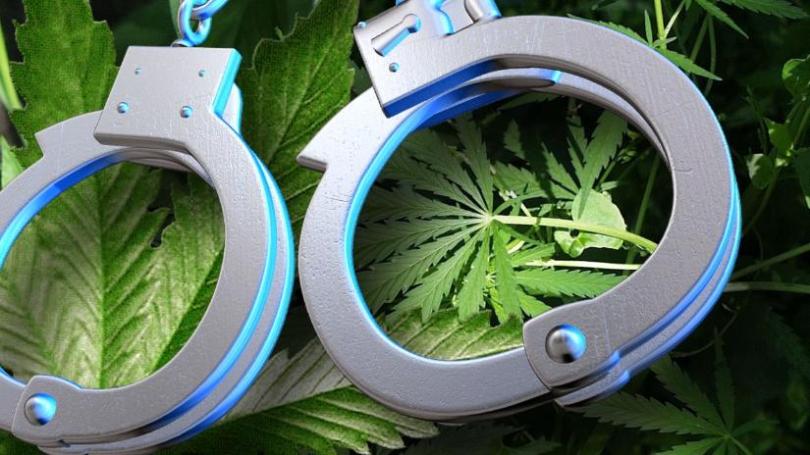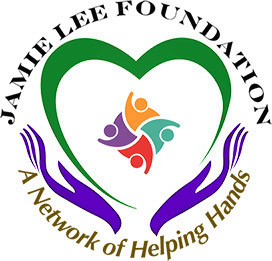
Even as many states and Washington, DC, allow marijuana, the federal government still strictly prohibits pot.
Under the scheduling system, the federal government classifies marijuana as a schedule 1 drug, meaning it’s perceived to have no medical value and a high potential for abuse.
The classification puts marijuana in the same category as heroin and a more restrictive category than schedule 2 drugs like cocaine and meth.
But that doesn’t mean the federal government views marijuana and heroin as equally dangerous drugs or that it considers marijuana to be more dangerous than meth or cocaine. Schedule 1 and 2 drugs are both described as having “a high potential for abuse” — a vague description that doesn’t rank drugs in the two categories as equal or different.
The big distinction between schedule 1 and 2 substances, instead, is whether the federal government thinks a drug has medical value. The DEA says schedule 2 substances have some medical value and schedule 1 substances do not, so the latter receive more regulatory scrutiny even though they may not be more dangerous.
It may be helpful to think of the scheduling system as made up of two distinct groups: nonmedical and medical. The nonmedical group is the schedule 1 drugs, which are considered to have no medical value and high potential for abuse. The medical group is the schedule 2 to 5 drugs, which have some medical value and are numerically ranked based on abuse potential (from high to low).
The schedule is not something the president could change alone, but the administration, through the attorney general or secretary of health and human services, can begin a review process for the current schedule.
/cdn.vox-cdn.com/uploads/chorus_asset/file/679344/166909906.0.jpg?resize=372%2C555&ssl=1)
There have been many calls to reschedule marijuana, but they’ve run into a serious hurdle: To date, there have been no large-scale clinical trials on marijuana. Those kinds of studies are traditionally required to prove a drug has medical value to the federal government. But these studies are also much more difficult to conduct when a substance is strictly regulated by the federal government as a schedule 1 drug. So pot is essentially trapped in a catch-22: It likely needs a large-scale clinical trial to be rescheduled, but those trials are going to be much harder to conduct until it’s reclassified.
Congress can also pass legislation to reschedule marijuana, which legalization advocates have been lobbying legislators to do for decades.
Although the scheduling system helps shape criminal penalties for illicit drug possession and sales, it’s not always the final word. Penalties for marijuana are generally far more relaxed than other schedule 1 drugs — perhaps an acknowledgment that the drug isn’t as much of a risk as, for example, heroin.
Despite federal prohibition, the Obama administration took a relaxed approach to marijuana, generally letting states do as they wish as long as they met certain criteria (such as not letting legal pot fall into kids’ hands or cross state lines). But the Trump administration has taken a tougher line, allowing federal prosecutors to crack down on marijuana even in states where it’s legal — which could let federal law enforcement shut down state-legal pot businesses.
Pot’s criminal classification at the federal level has other serious ramifications for marijuana policy even in places where state law says the drug is legal. Many state-legal marijuana businesses, for instance, must function as cash-only enterprises, since many banks are nervous about dealing with businesses that are essentially breaking federal law. Businesses also can’t file for several deductions and, as a result, their effective income tax rates can soar to as high as 90 percent or more.
The result is that even as several states and public opinion move in favor of marijuana legalization, the federal government often finds itself standing in the way of a reform that many voters want after seeing the longstanding struggles and failures of the war on drugs.


